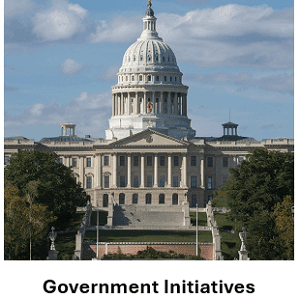In Mississippi, where about 35,800 residents face language barriers in healthcare, the Mississippi Department of Health’s Office of Health Disparity Elimination and the Bureau of Language Access have initiated a training program aimed at improving communication between healthcare professionals and Limited English Proficient (LEP) patients. This initiative, which began on October 2, seeks to enhance access to essential health services for individuals who struggle with English.
Selma Alford, director of the Bureau of Language Access, highlighted the importance of interpreters in healthcare settings. “Interpreters are fundamental in ensuring that every individual can fully understand and access the services they need,” she stated. The training program is designed to equip interpreters with essential skills through comprehensive sessions that cover medical terminology, ethics, and cultural competency.
Participants in the program include medical interpreters, court interpreters, teachers, and community health workers who engage in interactive sessions, role-playing exercises, and discussions centered on real-world scenarios. This hands-on approach intends to build trust and address communication nuances in healthcare environments.
The initiative emphasizes the risks associated with using children or family members as interpreters, noting that misunderstandings in medical settings could have life-threatening consequences. With approximately 1.2% of Mississippians classified as LEP, the need for trained interpreters is critical to facilitate equitable access to health services.
See “Bridging language barriers through interpreter training” (October 31, 2024)
